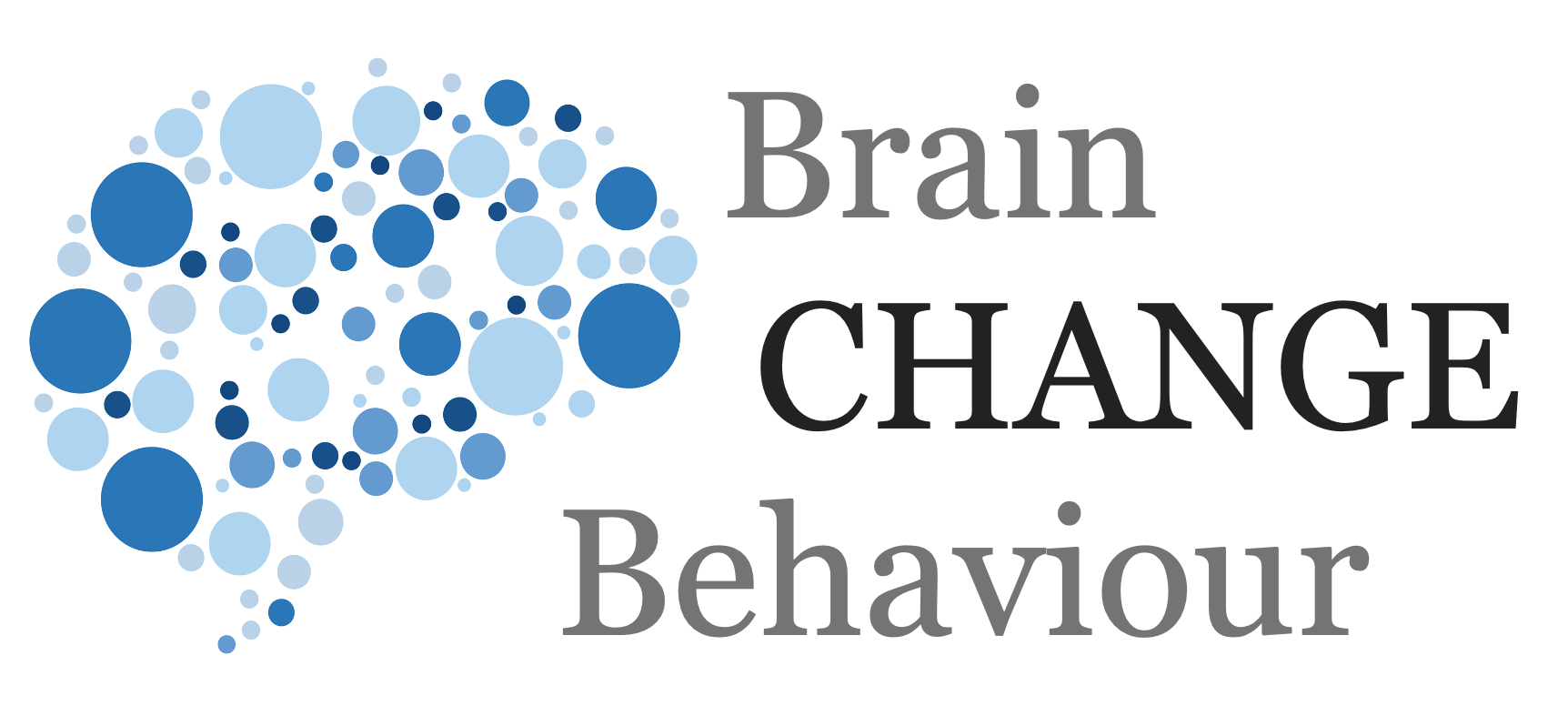,
When we get a good idea, we may know it is a good thing. And because we know it is a good thing we may then falsely assume – without really thinking this through – that everybody thinks this is a good thing.
Scaling ideas and getting people to use your product, do your thing, is dependent on how many people are attracted to this thing or idea. And as we know human beings are diverse people in diverse environments (that is the representativeness of the situation problem).
This could vary along many dimensions: Personality, age, race, personal interests, previous experiences. They may even be things you haven’t even thought about. John A. List talks about being part of a team designing a preschool curriculum to help underprivileged kids get up to speed and increase their opportunities. Parental support was a key to this programme. What they noticed was that this programme worked well with Hispanic families better than for white or black ones. Sounds a bit strange – were Hispanic parents more caring or involved than white or black parents? No. But Hispanic families were more likely to live in multigenerational households and therefore the grandparents could also give the additional support.
This, however, means that scaling this programme would not work very well with some parts of the population.
In business this means that you need to know who you are trying to change, or scale an idea, or behaviour to, and also to whom it works or doesn’t. In business what is noticeable, in comparison to many governments, is that when setting about a new process or idea or change programme there is very little data collected on the who. This should, and could, for example, include personality traits, and multiple other factors.
In marketing this is a common practice, creating profiles of ideal or potential customers, but this is far less common in internal change initiatives.
Simple Takeaways
-
- Understand who will likely change / or not
- Collect data on multiple levels such as personality, age, culture
- Rather than trying to change a large diverse population aim to change/target specific groups (and move from group to group)
© leading brains 2022
Reference
More Articles
Deadlines Increase Procrastination
What! I’d get nothing done without deadlines!
Ditto, though I can be very productive, I have a natural tendency to procrastinate. In fact it is one of my natural talents!
To Change, Start Right Away
Sorry, stupid question right off the cuff. Change what?
Well, in this recent study they were looking at changing health behaviours.
Nudges Work In Changing People’s Behaviour
So what do you mean by “nudges”?
Richard Thaler is considered is one of the founding fathers of nudge theory in the behavioural sciences proposing nudges as the best method to modify people’s behaviour. Made popular by his book Nudge in 2008.
Followers Make Group Decisions a Lot Worse, or a Lot Better
First off, why is group decision-making important?
Well, a lot (just about all, if you think about it) of the biggest decisions in society and in business are made by groups: executive committees, governments, even the population in referendums.
The Right Rewards Boost Creativity in Business
So who doesn’t want to have creative ideas in their business.
The problem is getting employees to be creative while doing their day job as well. We also know that just asking or demanding creativity can diminish creativity and innovation!
Changing Your Personality — Even If You Don’t Want To!
Are you telling me that our personality can change even if we have no motivation to do so?
In a nutshell, yes. But it depends on which personality trait!
Exercise is Infectious
This is an older study (2017) I came across and found fascinating. As many of you regular readers will know I have reported many times on the benefits of exercise.
Why our Brains Miss Opportunities for Innovation
When we think of innovation we think of creating something new. A new study shows that, however, we, by default, try to add something whereby subtracting something could make something better.
Brain Region for Changing Behaviour Identified
The saying goes “Insanity is doing the same thing over and over again and expecting different results.” This obviously refers to doing the same thing over and over and continually getting a bad result
From Couch to Ultra Marathon with Mental Imagery
On first glance I thought the above headline was fascinating. I am a sports person, look into the neuroscience of motivation, and have been in the “motivational” space for nigh on two decades.










